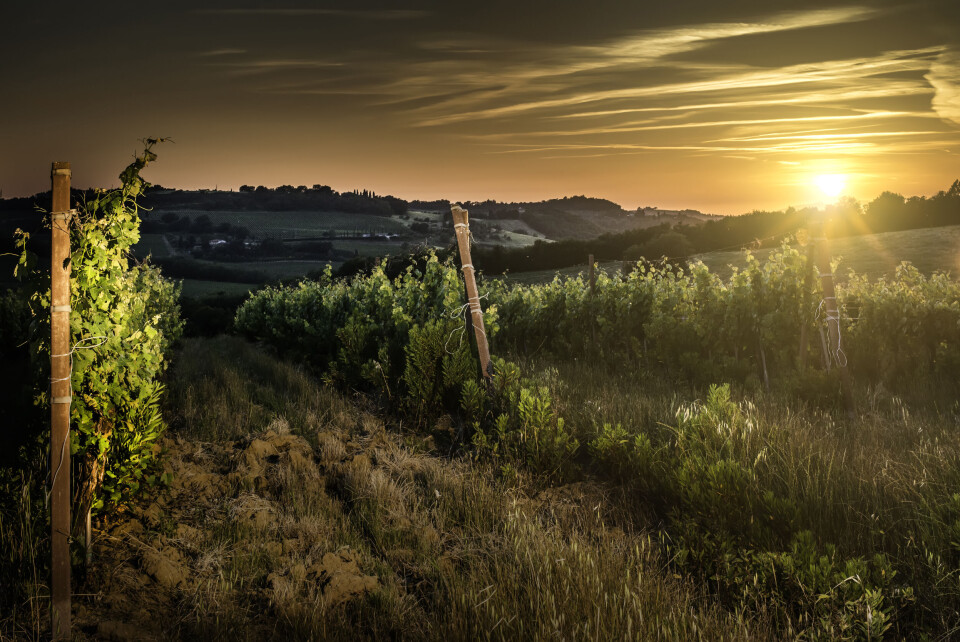-
Social charges on UK government pensions: France residents report progress
Issue now drawing attention at the highest levels
-
Good news for many micro-entrepreneurs in France: plans to lower VAT threshold rejected by Senate
Vote reverses proposal to lower tax exemption thresholds for self-employed workers
-
EasyJet expected to expand Bordeaux coverage in summer 2026
Aircraft have been redistributed following the closure of Toulouse hub
French winemakers harvest grapes by night to escape heatwave
Vignerons have had to work through the night to stop grapes from spoiling

The vignerons of Domaine Vivien (in Roubia, Aude) have been watching their grapes darken, turning ripe in the baking heat.
This yearâs record-breaking heat from August 18 to 24 has made grapes mature faster than normal, meaning that the vignerons have had to hurry to harvest them before they spoil.
At a number of vineyards, however, day time temperatures of over 40C meant harvesting the grapes at night.
âAt midnight, the thermometer in the tractor says itâs 31°C, which is still very hot and makes the work hard but we are dependent on the weather and canât do it any other way,â one vigneron told France 3.
Working at night can be more challenging, and should the machines break down nobody will be able to come and fix them.
However the alternative would be a spoiled harvest â a catastrophe many vignerons cannot risk.
Read more: France set for a good wine year despite mildew
âGrapes need to be cooledâ
It is not just the vignerons trying to stay cool.
The grapes themselves, destined for white wine and rosé, must be as cool as possible before the fermentation process can begin.
On arrival at the winery the grapes are still hot, between 25°C and 30°C.
For oenologist Sebastien Tomasoni, the temperature poses a problem.
âThe pressed grapes are still 25 degrees, which is still too hot, so after pressing we have to cool the must [pressed grape juice] in the cellar before starting to ferment it.â
Once cooled the must will be left to settle for two days. Only then can the fermentation process begin, which can last anywhere from five to fifteen days.
Read more:
Winemaker accused of selling 1.8 million bottles of fake champagne























